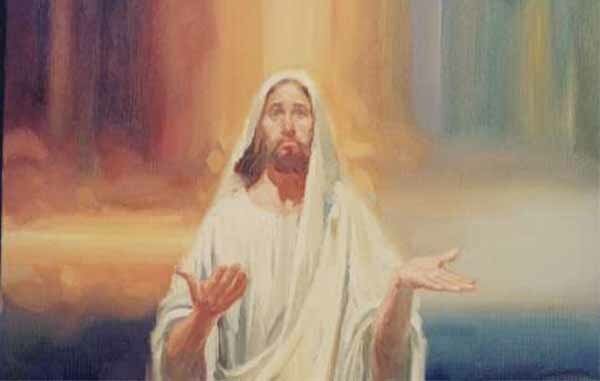
| O DAS QUINAS |
|
Os Deuses vendem quando dão.
Compra-se a glória com desgraça.
Ai dos felizes, porque são
Só o que passa!
Baste a quem baste o que Ihe basta
O bastante de Ihe bastar!
A vida é breve, a alma é vasta:
Ter é tardar.
Foi com desgraça e com vileza
Que Deus ao Christo definiu:
Assim o oppoz à Natureza
E Filho o ungiu.
|
|
Comentários: "Os Deuses vendem quando dão" é uma frase que remonta pelo menos à Grécia Clássica e que corresponde a uma visão mesquinha da divindade: os favores dos deuses pagam-se! "Ai dos felizes porque são só o que passa"- a felicidade é transitória e os que se contentam em ser apenas felizes não têm consequência na História; "Baste a quem baste...etc"- a mesma noção referida: a quem basta o que tem, por esses limites se fica! "ter é tardar"- a posse do bastante adia os cometimentos. "Foi com desgraça e...etc"- mas Deus tem outro ideal: concebeu o Cristo para ser infeliz e baixo (e, contra a natureza humana, para não desejar felicidade material ou posses) e, tendo-o assim determinado, sagrou-o como Filho, mostrando o Seu caminho (não material, mas espiritual). O campo das quinas simboliza, em geral, a espiritualidade em Portugal, o sonho. Em particular é um elogio ao sacrifício da felicidade material a altos ideais (que o poeta cria ser o seu próprio caso). |
|
An introduction to the poem: The escutcheons in the Portuguese coat of arms bear five dots each. These are called "quinas". Their origin and meaning are doubtful but in time they came to be accepted as representing the five wounds inflicted to the Christ. The field of the escutcheons can, thus, symbolically represent the spiritual nature of the Portuguese nation and although Pessoa did not himself believe in the deity of the Christ, he acknowledged elsewhere in his writings the devotion of the people to Jesus and the fact that the history of Portugal and Christianity are inseparably entangled. In this poem Pessoa comes back to a favorite theme: those who are happy in a material way have no impact on the world; History is made by those who, like himself, recognize the primacy of the spirit and are willing to sacrifice everything to a vision. That was, in particular, God's message through his definition of Christ. The Field of the Escutcheons
The Gods sell when they give.
Glory is bought with misfortune.
Alas for the fortunate, for they are
Merely passers-by!
Let it be sufficient for whom there is sufficiency
The sufficient to suffice him!
Life is short, the soul is vast:
Possession is delay.
'T was with misfortune and lowliness
That God the Christ defined:
Thus He set him against Nature
And as Son consecrated him.
NOTA: Ver AQUI a tradução de 1997 do Prof. Mike Harland (que eu li antes de produzir a versão acima). |